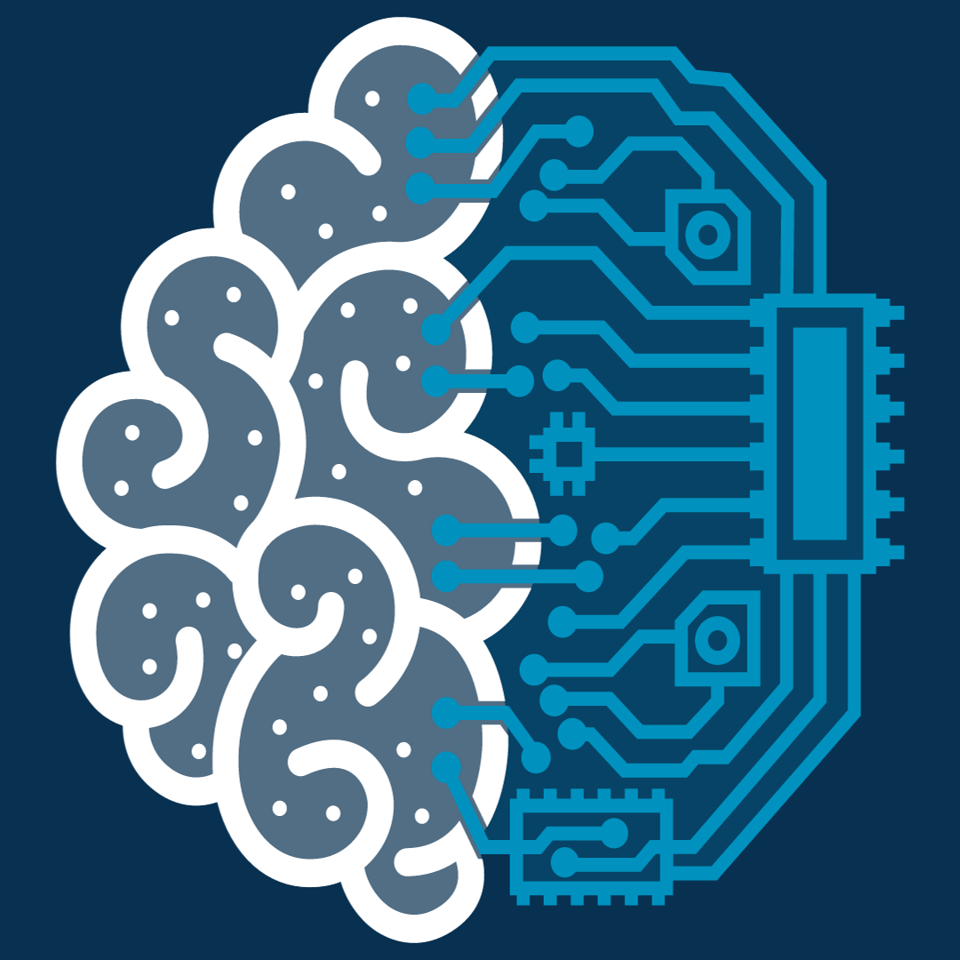Where we work has been a topic of ongoing debate in recent years. While some companies have...
Decoding the Divide: 6 Reasons Why AI Isn't EI

Artificial Intelligence (AI) has become a buzzword in the technology industry, revolutionizing various sectors with exceptional capabilities.
AI's inability to display Emotional Intelligence (EI) has become apparent despite its significant advancements. EI encompasses traits like empathy, self-awareness, and social skills that enable humans to connect on a deeper level. While AI has made significant strides in mimicking human thought processes, it still falls short in understanding and responding to emotions in a truly human way.
In this blog, I explore six reasons AI fails to replicate EI.
Lack of Genuine Emotional Experience
One of the primary reasons AI cannot replicate emotional intelligence is its inability to have genuine emotional experiences. Emotional intelligence, as exhibited by humans, involves not just recognizing emotions in oneself and others but also experiencing and understanding them. AI lacks the capacity for subjective emotional experience. It can simulate responses based on data and patterns but doesn't fully understand what it feels like to be happy, sad, or any other emotion.
Lack of Genuine Empathy
A fundamental component of emotional intelligence, empathy extends beyond comprehension. It entails placing oneself in another person's position and sincerely acknowledging and experiencing their feelings. AI can't relate to human experiences because its decisions and reactions are preprogrammed and derived from data analytics. Due to this constraint, AI cannot offer sincere emotional support or tailored guidance in delicate circumstances. Emotional intelligence training programs, like True Colors, emphasize the need to develop empathy. Improving our empathy for others makes us more evolved humans, better leaders, team players, and has a positive effect on all of our relationships.
Contextual Understanding Challenges
Emotional intelligence relies heavily on contextual understanding — the ability to grasp the intricacies of a situation, including cultural nuances and individual backgrounds. While AI excels at processing vast data, its context interpretation remains rigid. Emotional cues are highly context-dependent, and AI may struggle to decipher them in complex, real-world scenarios accurately. Understanding humor, sarcasm, or subtle shifts in tone, which are integral to emotional intelligence, remains a significant challenge for AI systems.
Inability to Adapt to Personal Growth and Change
Emotional intelligence is dynamic and evolves with experience and personal growth. Humans learn from their emotions, adapt to change, and refine their responses. AI, on the other hand, operates within the confines of its programming. It lacks the inherent capacity for personal growth, learning from emotional experiences, and evolving responses. Beyond the initial programming stage, emotional intelligence includes an ongoing learning process—a component that AI systems do not yet possess.
Building Genuine Connections
The essence of emotional connection lies in establishing trust and forming deep relationships with others. While AI-driven chatbots and virtual assistants provide valuable assistance, they fail to build authentic connections. The absence of emotional depth and genuine bonding prevents AI from building true rapport with individuals, a crucial element in providing emotional support.
AI has made remarkable strides in transforming various aspects of our lives but still lacks the emotional complexity that defines human engagements. Understanding and empathizing with human emotions requires EQ, which AI has yet to achieve fully. As we move forward, it is essential to recognize AI's role in augmenting human capabilities rather than substituting the unique qualities of EQ that make us innately human.
Ethical and Moral Dilemmas in Decision-Making
Emotional intelligence plays a pivotal role in ethical decision-making. Humans consider emotional implications, ethical considerations, and moral values when making choices. AI, while proficient in processing data to make decisions, lacks the inherent ethical compass that emotional intelligence provides. The nuances of morality and ethical dilemmas are deeply rooted in human experience and are challenging to codify into a set of algorithms. AI lacks the ability to navigate the complexities of ethical decision-making, often leading to outcomes that lack the depth of human moral reasoning.
While AI is progressing and has brought about immense capabilities and opportunities, it falls short of replicating the intricate web of emotional intelligence that makes us uniquely human.
AI is not the same as EI in its capacity to perceive, comprehend, and respond to human emotions in context due to the absence of certain human emotional qualities like compassion, empathy, relationship building, and much more. However, recognizing and understanding these fundamental differences is crucial for fostering AI's balanced and ethical integration into our society. As we navigate this expanding intersection of technology and humanity, we must acknowledge the unparalleled depth of emotional intelligence that sets us apart in the grand tapestry of existence.





.png)